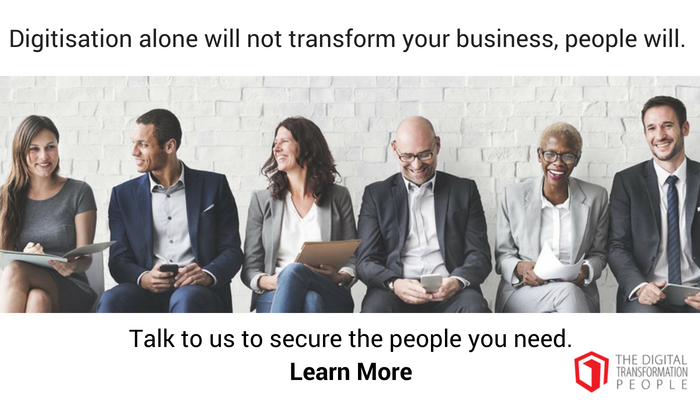In this series, I am introducing you to the twenty superpowers that leaders need to possess to create an environment for resilience. This is an environment in which individuals and teams are resilient in the face of constant change.
Individual resilience is critical when the world around us is volatile, uncertain, complex and ambiguous. Resilience means we can adapt to difficult situations and not just survive but thrive. Unless we do, the stress will overwhelm us, and we will suffer physically and mentally.
Each week we will explore one of those twenty superpowers.
Superpower – The Modeller
The Modeller models resilience.

As a leader, your employees are looking to you to model resilience. They want to see how you deal with the pressure of constant and uncertain change.
They want to see how you deal with setbacks, let-downs and failed attempts at success, and still manage to bounce forward. They will take their cues from you, so it is imperative that they see you modelling resilient behaviour.
The following are the behaviours that resilient leaders’ model.
Change champions
They are champions of change. They don’t resist it. They accept that constant change is the norm and embrace it. They demonstrate that they are willing to change and provide the leadership for others to do the same.
They see the challenges of constant change as great opportunities. It is a chance to embrace the uncertainty and build on leadership strengths. You can show your integrity and ability to seize these opportunities even though they often don’t present themselves as such at the time.
Quick to change direction
Resilient leaders are quick to make decisions and realize that there is no time for procrastination. They make a decision and if it is the wrong one, they are quick to change direction.
Failure is a learning opportunity
Resilient leaders don’t see failure as a setback but as an opportunity to learn from it and move forward.
Rather than dwell on the negative, you can look at the positive and examine the lessons to be learnt from the setback.
Signal intentions
Let everyone know what is going on. This requires effective communication. Communication that is clear and unambiguous. This allows others to understand changes and new directions and observe effective communication in action.
Take risks
You have to demonstrate that you are prepared to take risks and try new things. The world of constant and uncertain change means that we have to be ready to change with it. This means being bold and prepared to step outside of your comfort zone.
You can read more in Karen’s Leadership and Resilience series, here
Article by channel:
Everything you need to know about Digital Transformation
The best articles, news and events direct to your inbox
Read more articles tagged: Featured, Leadership









